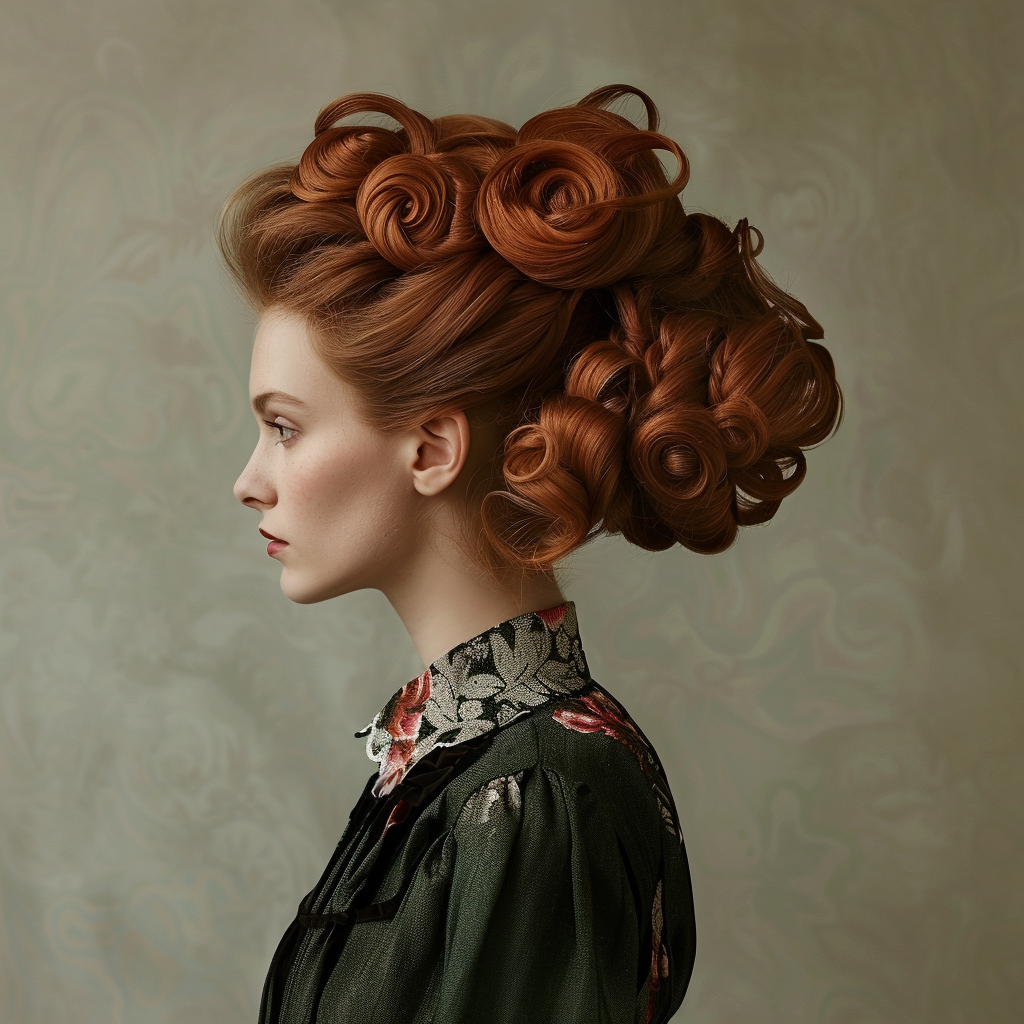Ever stopped to think about what your hairstyle says about you? Beyond just a fashion statement, our hair holds a unique place in the tapestry of our identity. It’s not just about trends or beauty standards; it’s a personal reflection of who we are, and sometimes, who we aspire to be. In this article, we’ll unravel the fascinating psychology behind our hair choices and what they reveal about our personalities.
The Historical Significance of Hair
Historically, hair has played a significant role in various cultures. In ancient Egypt, for example, hair was linked to social status, with elaborate wigs denoting wealth and power. In many Native American tribes, hair holds spiritual significance, seen as a connection to the earth and the divine. This historical context sets the stage for understanding hair as more than just a physical attribute; it’s a symbol deeply entrenched in cultural and personal identity.
Hair as a Form of Self-Expression and Individuality
Fast forward to today, and hair continues to be a powerful tool for self-expression. Think about the last time you decided to change your hairstyle. Was it a mere whim, or were you subconsciously trying to signal a change in your life? Often, a new haircut or color can mark significant life events – a new job, a break-up, or simply a desire to reinvent oneself. The way we choose to style our hair can reflect our personality, mood, and even our life goals.
Decoding Hairstyles – What Does Your Style Say About You?
Now, let’s dive into the fun part – decoding different hairstyles! Ever wondered what a pixie cut or a bold color choice says about you? Psychologists suggest that people who frequently change their hair are often seen as adventurous and open to new experiences. On the other hand, those who stick with a classic, low-maintenance style might be viewed as more practical and grounded. Long, well-maintained hair can be seen as a sign of health and vitality, often associated with youthfulness and energy.
But, it’s not just about length or color. The texture and styling play a role too. Curly-haired individuals are often perceived as fun-loving and energetic, while straight hair can give off a more serious and professional vibe. However, it’s essential to remember that these perceptions are subjective and can be influenced by cultural norms and personal experiences.
The Psychological Impact of Hair Loss and Change
Hair isn’t always about making a statement; sometimes, it’s a source of distress. Hair loss, for instance, can have a profound psychological impact, affecting self-esteem and body image. The way society views hair loss – often as a sign of aging or ill-health – can exacerbate these feelings. But it’s not just hair loss; even a bad haircut can momentarily shake our self-confidence. This sensitivity to changes in our hair highlights its deep connection to our sense of self.
Conclusion: Embracing the Power of Hair
In conclusion, our hair is more than just a style choice; it’s a form of self-expression deeply rooted in psychology and history. It reflects our personality, marks significant life changes, and plays a crucial role in our self-esteem. So, the next time you’re contemplating a new hairdo, remember, it’s not just a change in your look; it’s a reflection of your inner self.
Remember, hair is a powerful communicator. It tells a story, your story. Whether you’re rocking a bold new color or embracing your natural texture, your hair is an integral part of who you are. So, wear it with pride and let it speak volumes about your unique personality and journey.
Images & Credits: By FrisorFinder | 26-06-2024
The thoughts expressed in this advertorial are solely the client’s.

